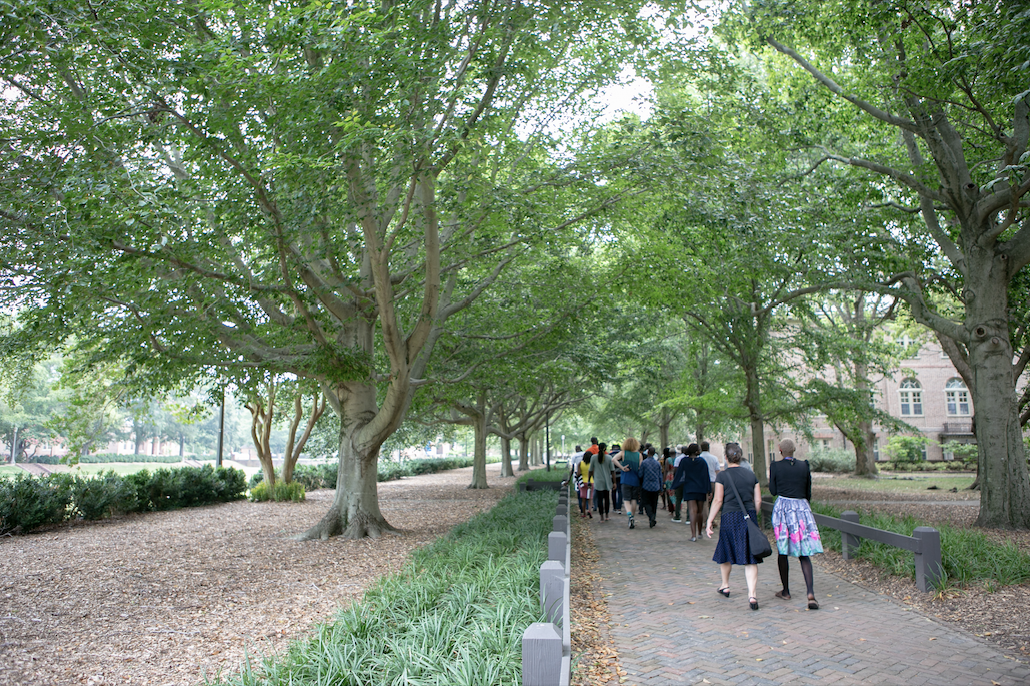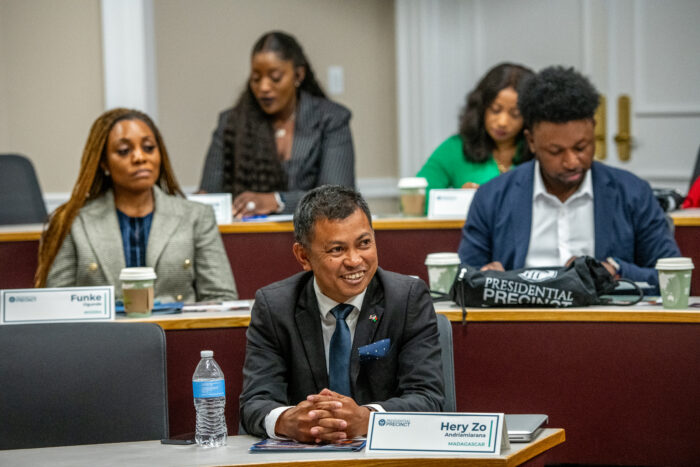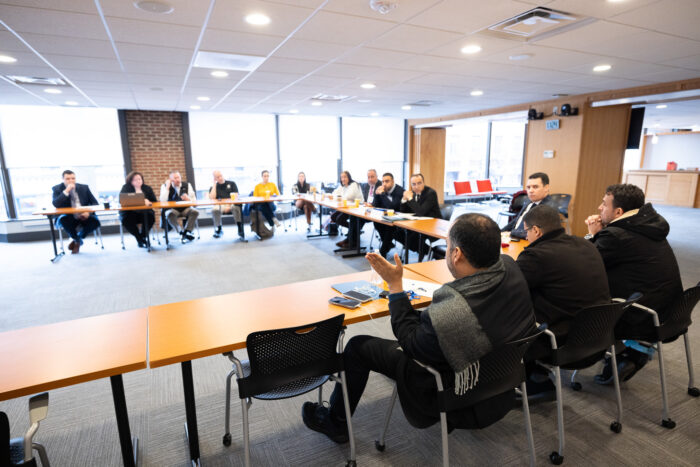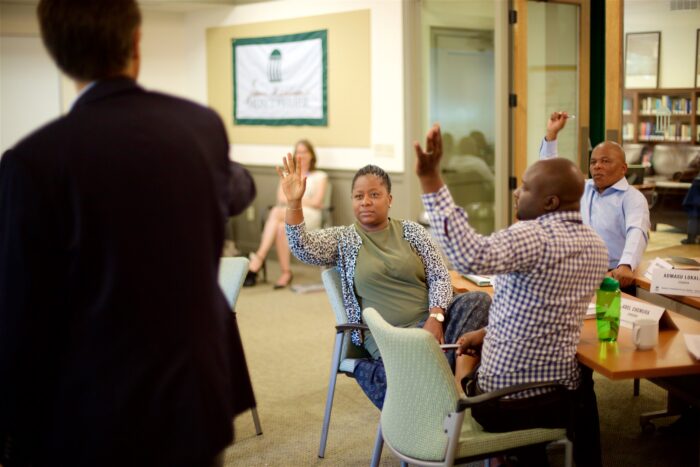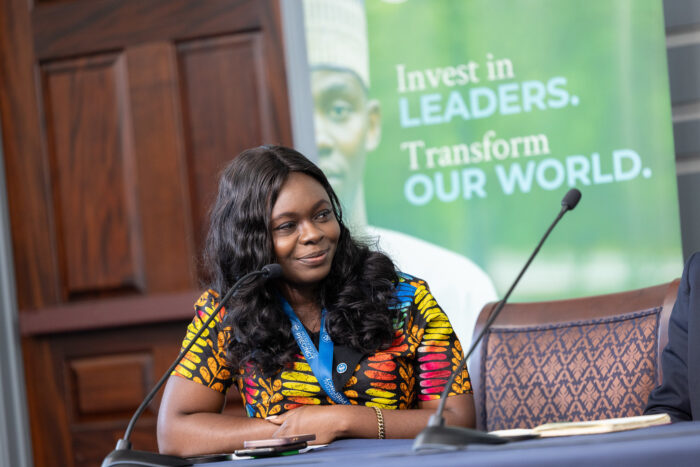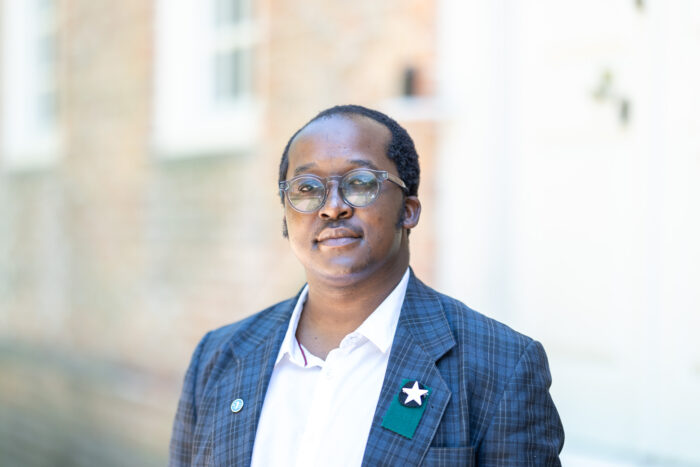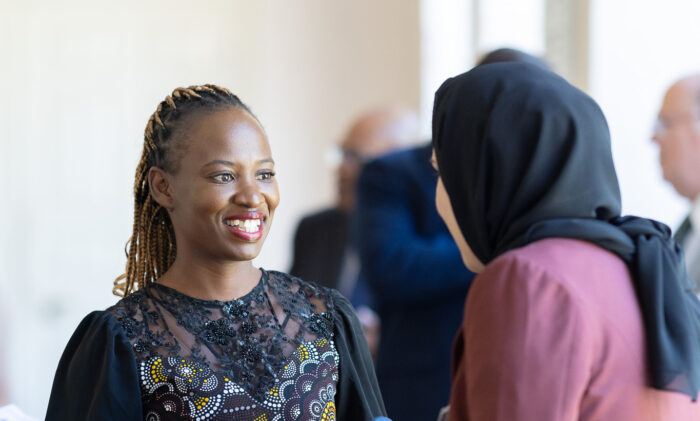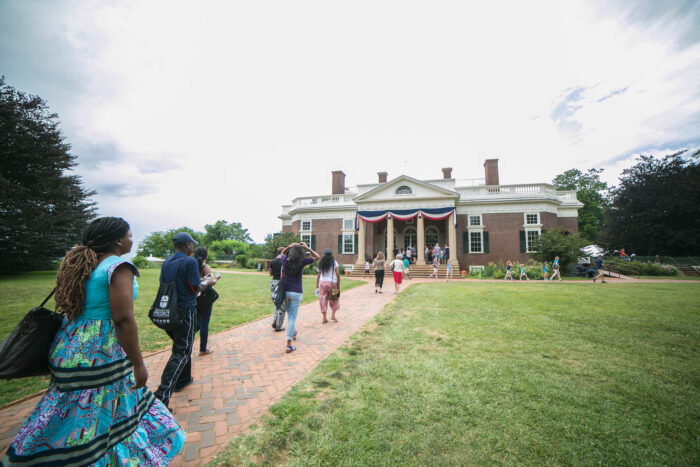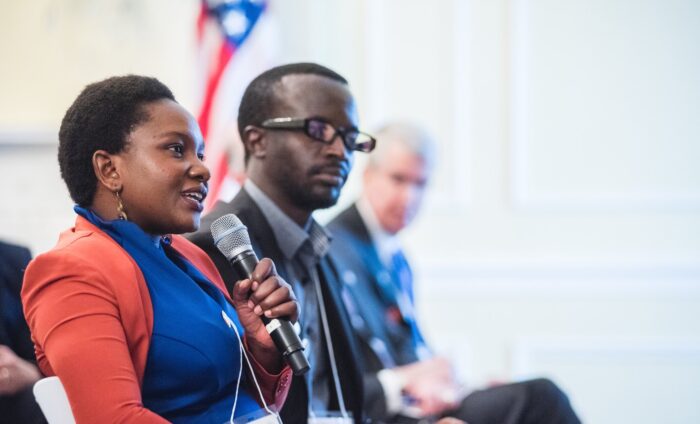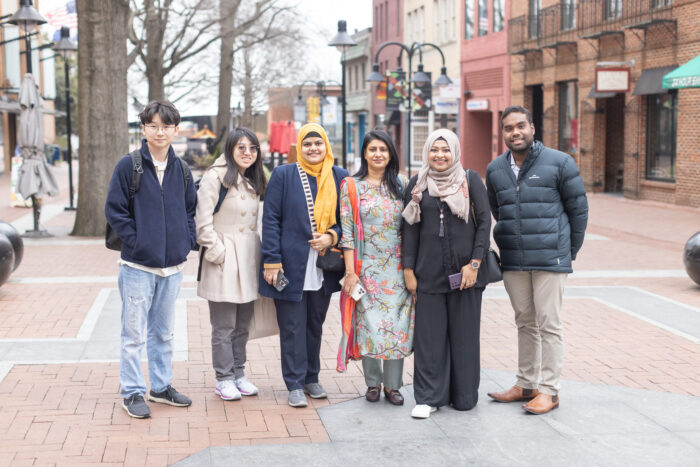5 Years at the Presidential Precinct
In 1819, Thomas Jefferson, James Madison, and James Monroe, joined forces to create a non-sectarian, public university in the formation of the University of Virginia. Throughout their lives these three friends utilized their physical proximity and unity in purpose to work together and shape the future of democratic processes in the United States.
Nearly two-hundred years later, the Presidential Precinct was formed because of the foundation of relationship between these three founding fathers. The modern day organizations representing Jefferson, Madison, and Monroe: The University of Virginia, William & Mary, Monticello, Montpelier, Highland, and Morven, continue to seek unity in thought and purpose through the Precinct’s mission to empower the next generation of global leaders.
Needless to say, when the Presidential Precinct was incorporated in 2012, our concept, mission, and vision were relatively old; yet, the Precinct is more than a geographical consortium of talent and knowledge. We have introduced the modern necessity of virtual resources for new, emerging leaders to learn how others have built prosperous civil institutions and to debate the issues surrounding successful nation building. We unite our local and national history with next generation digital tools like the Presidential Precinct Network – an exclusive and secure online resource that enables its thousands of members to exchange ideas, take courses, and access professional development resources.
First hand, we’ve had the opportunity to host over 450 leaders from 115 countries in these past five years. 49 Presidential Precinct programs have brought these leaders face-to-face with over 550 students and faculty from our consortium, all resulting in 136 national and local news stories. The Presidential Precinct Network, itself just over two years old, has grown into a hub of over 2,500 members with 11,500 connections built between them. And though our mission is about so much more than numbers, we believe wholeheartedly in the strength of this ever-growing network.
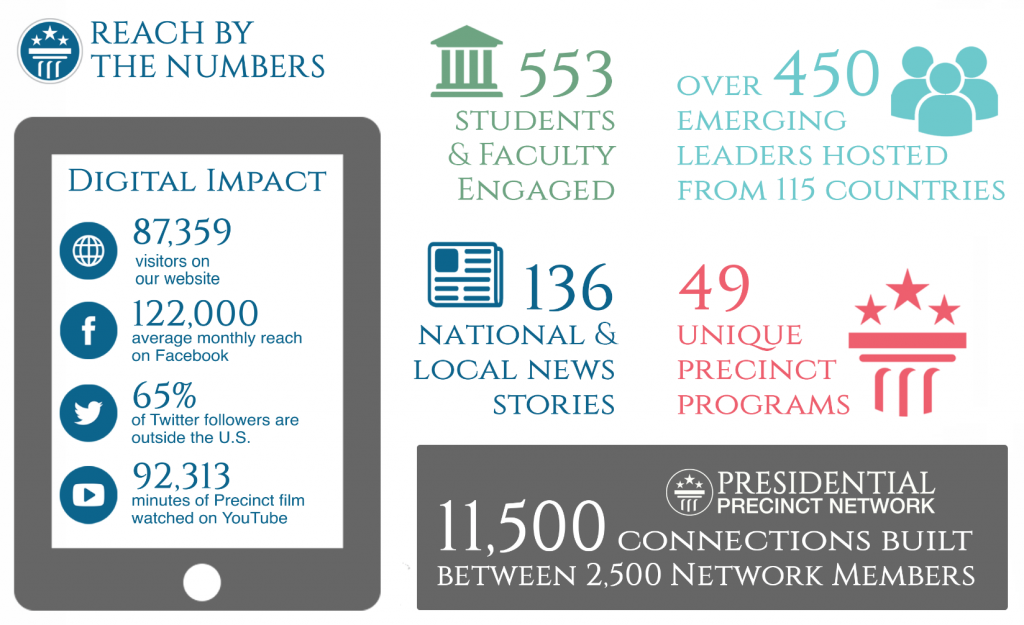
Five years in to this experimental collaboration, we have seen that the technologies of modern globalization interconnect quite well with two hundred years of historical foundation. We know that, although our world, our cultures, even our national identities continue to evolve, Jefferson, Madison, and Monroe’s vision of good governance is relevant now more than ever before. And, most importantly, we have seen that all around the world, there is a next generation of leaders who are pursuing and developing freedom of thought and authority of truth in their nations all around the world. Because of these leaders, we have great hope.
Mirabel Ngong is one of these leaders. Mirabel came to Charlottesville in the summer of 2015 to attend the Mandela Washington Fellowship. Still in her 20s, she had already created an organization in her hometown of Bamenda, Cameroon called World Vision for Education and Development (WVED). WVED exists to encourage transparency, accountability, and creativity in local communities, specifically for women and young girls. After a couple weeks of sharing her story and commitment for change, Mirabel was invited to speak on a panel with Michelle Obama at her annual Let Girls Learn conference. She now uses her experience and connections to gain grant funding towards conferences and trainings for local girls.
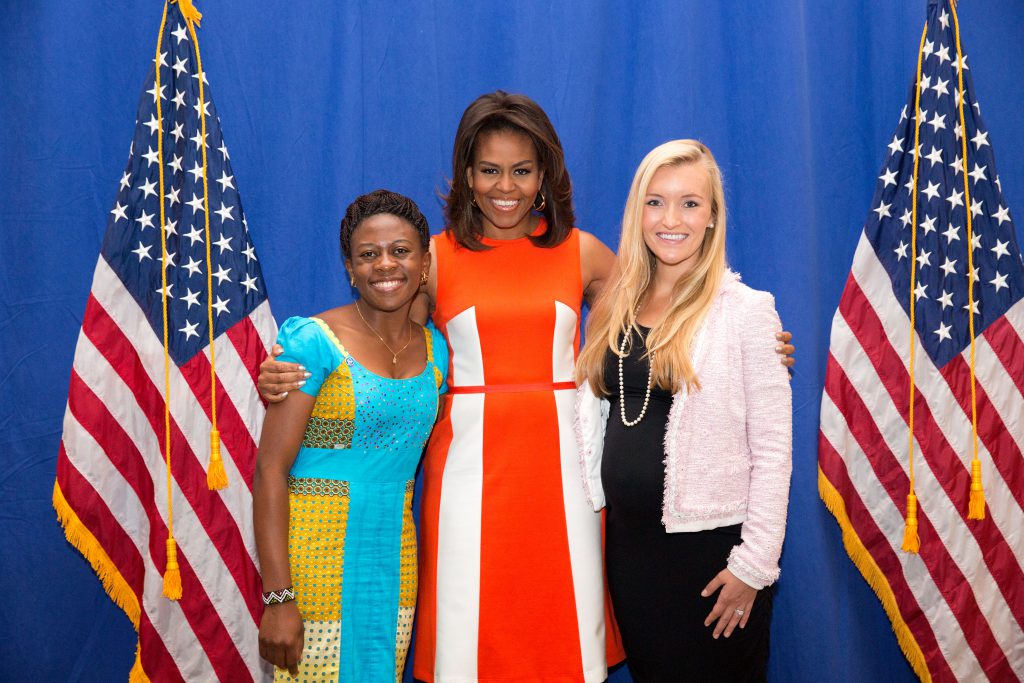
In Iraq, Hakim Ghafil is a Director at the Ministry of Tourism and Antiquities who works to protect cultural heritage sites from ISIS and other terror groups.
Hakim visited the Presidential Precinct for a cultural heritage preservation and museum management program through the Department of State’s International Visitor Leadership Program. He and 11 other ministry officials met with leaders at Highland, Monticello, and Montpelier to exchange ideas and share lessons learned regarding cultural preservation. Hakim is one of 5,000 distinguished visitors that comes to the United States per year through IVLP, but one of only a few who has the opportunity to build on his cultural preservation knowledge at the sites where United States culture was built through documents like the Declaration of Independence and U.S. Constitution. This opportunity to share our history with the world while also learning from global history and methodology is truly irreplaceable.
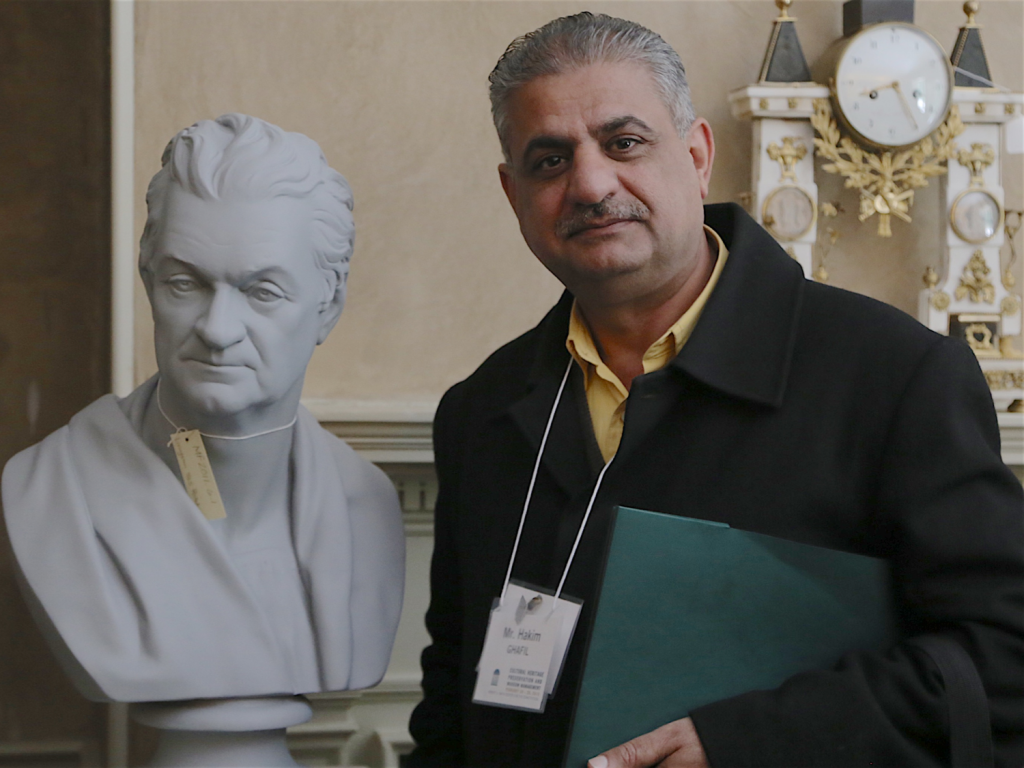
So now, looking ahead to the next five years, we have a lot to learn from stories like Mirabel’s and Hakim’s. We know from these past five years, that when you stand alongside one another, shoulder-to-shoulder, on a foundation of collective convictions, your ideas and endeavors have the power to really change the world. We also know that a collective passion, whether from Jefferson, Madison, and Monroe, or from our consortium representatives today, has a resounding impact.
Thank you, Presidential Precinct community, for sharing this passion with us and leveraging it to drive this organization forward. We are eager to continue connecting and empowering the emerging leaders of this world with great thanks to your support.
Neal Piper
Executive Director

